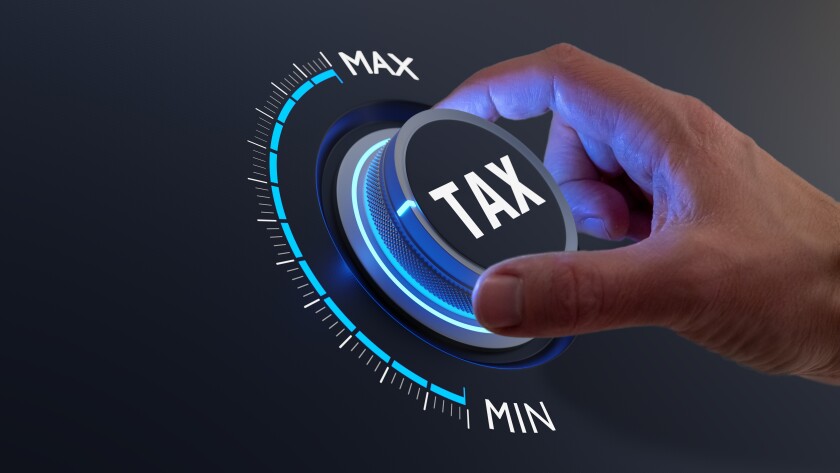In February 2024, the Chinese Ministry of Finance and the State Taxation Administration jointly issued notices in the form of Caishui No. 2 and 5, 2024. These provide detailed guidelines for the implementation of preferential income tax incentives in the Shenzhen Park area within the Hetao–Hong Kong Science and Technology Innovation Cooperation Zone. The notices follow the release of the development plan for Shenzhen Park by the State Council in August 2023.
The income tax incentives are intended to enhance the competitiveness of Shenzhen Park, boost science and technology innovation within the Guangdong–Hong Kong–Macau Greater Bay Area, and promote collaboration between Shenzhen and Hong Kong. The tax incentives include the following.
Corporate income tax incentive
Certain industrial enterprises located in specific areas within Shenzhen Park (i.e., in the Futian Bonded Zone) are eligible for a reduced corporate income tax (CIT) rate of 15% (compared with China’s standard CIT rate of 25%). To qualify, these enterprises must have their main business listed in the Catalogue of Preferential Corporate Income Tax, with their main business earning income accounting for over 60% of the total income and conducting substantive operations.
The catalogue encompasses four industries:
Information science and technology;
Material science and technology;
Life science and technology; and
Operation of scientific and technological service organisations.
Substantive operation requirements include having management teams located within Shenzhen Park, dealing with production, operation, personnel, accounts, and property.
Where an enterprise is headquartered outside Shenzhen Park, and just has a branch within it, only the branch income can benefit from the reduced rate.
Individual income tax incentive
Hong Kong residents working in Shenzhen Park are eligible for an individual income tax (IIT) exemption on income exceeding the tax burden that they would have faced if working in Hong Kong. This policy applies to all areas within Shenzhen Park.
Timeline and the issuance of collated guidelines
The CIT and IIT incentives retroactively apply from January 2023 until the end of 2027. In parallel, the national authorities have recently issued guidelines that compile existing preferential tax policies and classify them based on various stages of technological innovation activities. This is with a view to helping taxpayers to understand and access these incentives.












